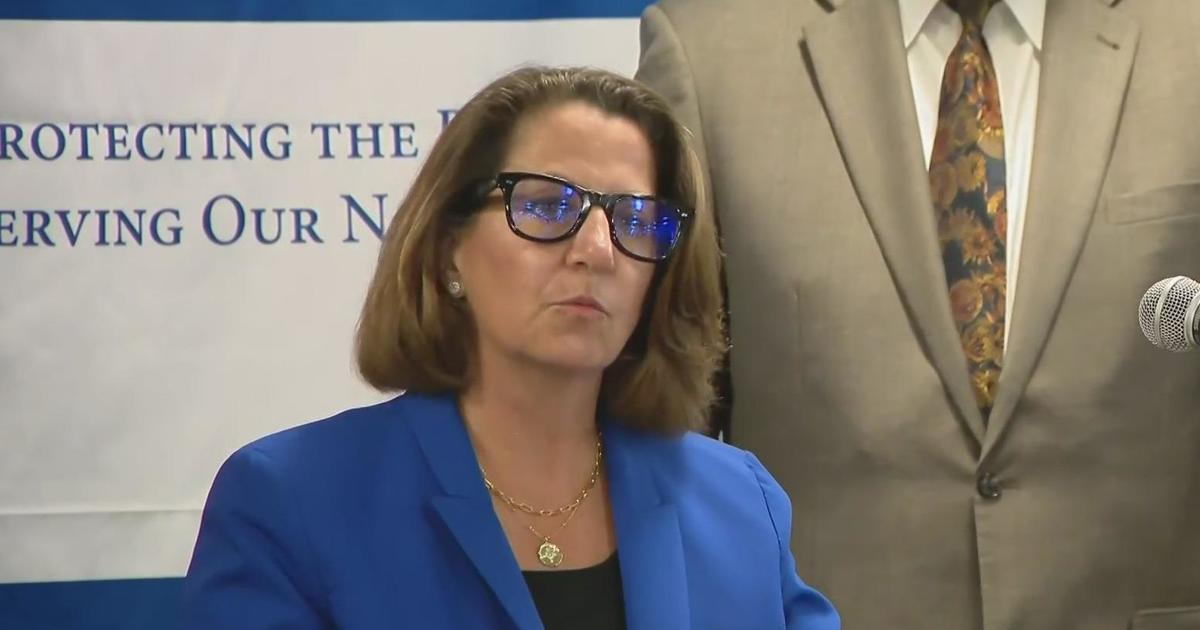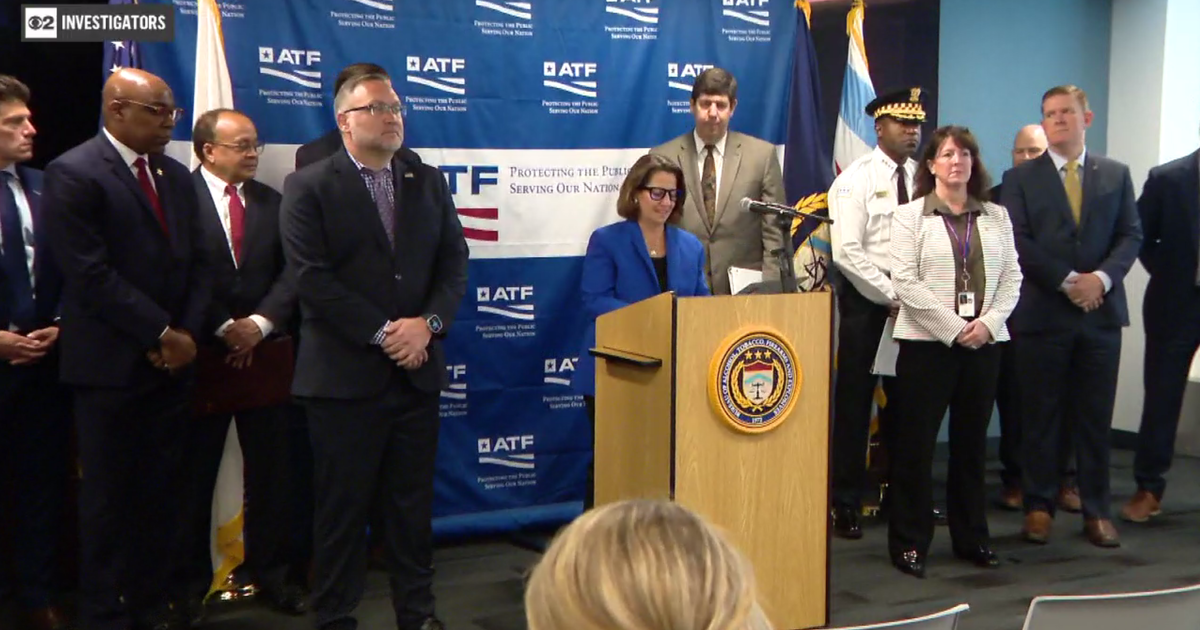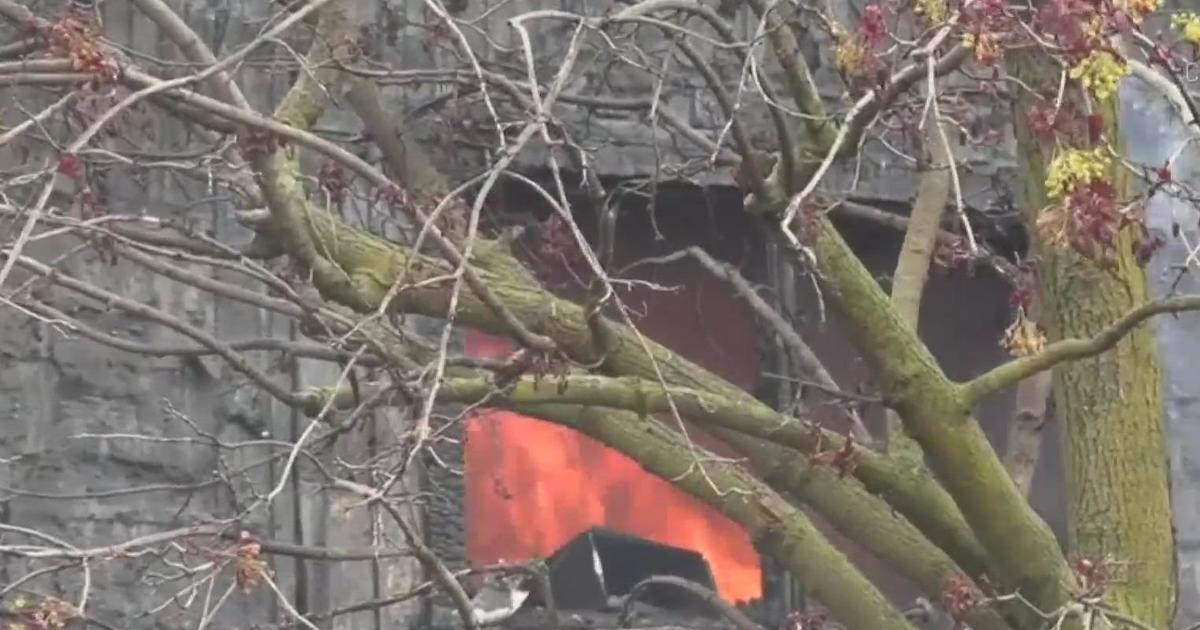Study: Jobs Prevent Violence In Chicago's Most Impoverished Neighborhoods
Blog by Mason Johnson
With positive results from a summer jobs program for Chicago teens continuing to roll in, I'm thinking it's time for Mayor Emanuel to accompany the mountains of praise he has for Chicago's youth programs with some more cash.
Last week, I mentioned the results of an evaluation that followed Chicago teens from high-violence, low-income neighborhoods who took part in a Chicago summer jobs program and compared them to teens who hadn't. The evaluation indicated that, even after the program ended, the jobs program significantly helped lower violent crime among the teens involved.
The report was by no means definitive proof of anything. It yielded great results, but was one survey that covered a short amount of time. More data would be needed.
And whaddya know? As if the University of Chicago has my office bugged, they heard my prayers, then answered them (if you're listening, I could use a chocolate shake, UofC).
The latest study, a combined effort from the University of Chicago Crime Lab and the University of Pennsylvania and published in Science, saw a substantial reduction in violent crime among teens who participated in the One Summer Plus program, which offers summer jobs to teens.
As the study points out, youth employment for teens in low-income areas is bleak. The 2010 employment rate for low-income black teens in Illinois was much lower than higher-income white teens, 9 percent and 39 percent respectively.
In the study, which started tracking teens in the summer of 2012 and spanned 16 months, 1,634 teens from multiple Chicago neighborhoods (Austin, Humboldt Park, Englewood and more) were assigned to one of three groups: summer jobs, summer jobs plus and a control group. The individuals in the jobs-only group worked about 25 hours a week. The second group worked about 15 hours a week and along with 10 hours of social-emotional learning based on cognitive behavioral therapy (CBT is common among therapists and revolves around problem-solving techniques and the modification of unhelpful thinking). The rest of the participants were teens who were not offered jobs through One Summer Plus, but were free to pursue other opportunities.
Living in neighborhoods with an average unemployment rate of 19 percent -- over double the national unemployment rate at the time -- participants were on average 16-years-old with about a C average in school. The jobs they received varied, from camp counselors to community garden workers.
The results?
Among teens in the jobs and jobs plus social-emotional learning groups, violent crime arrests were reduced by about 43 percent, compared to the control group.
"The city of Chicago was courageous enough to put its One Summer Plus program to the test, and turns out that just eight weeks of summer programming decreases violent crime arrests by a huge amount for over a year after the job ends," said study author Sara Heller, PhD. "This is an incredibly encouraging finding."
This is good news for Mayor Emanuel and Department of Family and Support Services Commissioner Evelyn Diaz, programs like One Summer Chicago are important to their more holistic method of dealing with the city's violence.
The program isn't only fronted by the city, but also Cook County, and a number of corporate supporters that include the likes of TCF Bank and Chase.
In its latest budget, the city touted that 22,500 youth participated in One Summer Plus and programs like it.
The real question: how much dough is Chicago throwing in?
For youth programs, which not only includes One Summer Chicago, but pretty much any other out-of-school activities teens are participating in, from counseling and the Juvenile Intervention Support Center, which provides an alternative for youth entering the juvenile justice system, the city has set aside almost $37 million bucks for 2015. That comes out of the $333 million budget of the Department of Family and Support Services.
Is that a lot? Well, that's hard to tell. In the grand scheme of things, it seems like a pittance compared to the size of the budget as a whole: $8.9 billion. It's certainly smaller than the 1.4 billion spent on the police department, which creates 14,418 FTEs (equivalent of full-time jobs, essentially). It's far smaller than the Finance General budget, which basically represents the crap in the budget that doesn't fit anywhere else, like bond funds, airport funds and pensions. The Finance General funds represent about $3.9 billion of the budget. $706 million of that goes to the Corporate Fund (basic operation services, like trash and recycling collection, street repair and other basic city operations).
To be clear, I'm not saying we spend too much money on cops and trash collection. I just wanted to make sure I accurately depicted the scale of the city's budget in comparison to the Department of Family and Support Services.
And to give credit where credit is due, Mayor Emanuel has always had great things to say about One Summer Chicago and other programs like it. The man stands behind it, and is probably partially responsible for some of the corporate support it's amassed.
But monetarily, a million here, a million there just ain't gonna cut it. If Mayor Emanuel wants credit for the success of these programs, he's gotta pony up the dolla dolla bills y'all.
I'll be back next week, making sure to return to my examination Chicago homicide statistics. You can read more on the subject here.
Mason Johnson is a Web Content Producer for CBS Chicago. You can find him on Twitter.



